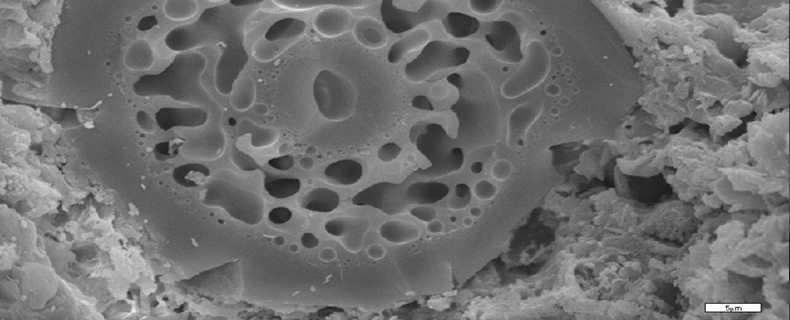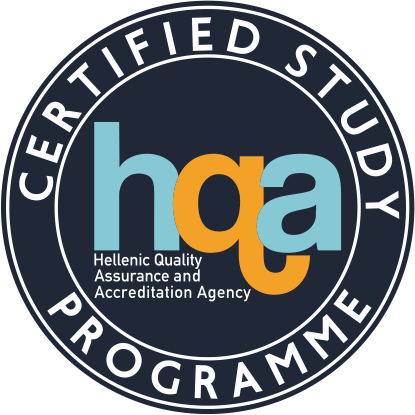| School |
Natural Sciences |
Academic Unit
|
Geology Department |
Level of Studies
|
Undergraduate |
Course Code
|
GEO_607 |
| Εξάμηνο σπουδών |
6ο |
Course Title
|
Ore geology |
Independent Teaching Activities
|
Lectures of Theory, Tutorial, Lab exercises, field exercise |
Weekly Teaching Hours
|
2 (Lect.), 2 (Lab), 1 (Tut), |
| Credits |
4 |
Course Type
|
Scientific area and skills development |
Prerequisite Courses
|
Mineralogy, Petrography, Geochemistry, Petrology, Tectonics, Geodynamics, Historical Geology |
Language of Instruction & Examinations
|
Greek |
Is the Course offered to Erasmus Students
|
Yes in English |
| Course Web-Page (URL) |
https://eclass.upatras.gr/courses/GEO347/ |
Learning Outcomes
|
The course is a basic introductory course in Ore Geology subjects, dealing with the most common deposits of ore-minerals. Partly comprises also Economic Geology in introductory level.
The learning goals include:
- Knowledge of the geological characteristics of ore-minerals deposits and understanding of the “descriptive or emperical model”of each type of deposit.
- Analysis of the “descriptive mode” by combining macropetrographical, petrological, tectonical and geochemical aspects, including microscopical observations. Application of this analysis to categorise the style of the deposits according to their “metallogenic model”.
- Ability in evaluating and interpreting exploration results and data, ability to compare the outcome to “known metallogenic models” and to synthesise all the available data towards discovering new deposits.
|
General Competences
|
- Search, analyze and synthesizedataand information,using thenecessary technologies
- Independent work.
- Group work
- Work in international environment
- Work in multidisciplinary environment
- Generating newresearch ideas
- Exercise of criticism and self-criticism
- Promote free, creative and inductive thinking
|
| Syllabus |
- Ore Geology and its themes
- The different styles of mineralizations and their formation
- Deposits in Greece and Internationally
- Macro- and microcharacteristics of main metallic minerals
|
| Delivery |
Direct face to face lecturing in classroom, in Lab of Microscopic observations and field. |
Use of Information & Communication Technology
|
- Use of IT (power point, pdf) και blackboard.
- Support through e-class platform.
|
Teaching Methods
|
| Activity |
Semester workload |
| Theory Lectures |
2×13=26 |
| Lab macroscopical identification of ores and microscopical examination of polished blocks of metallic minerals |
1×13=13 |
| Field work exercises with delivering of reports. |
2×13=26 |
| Autonomous study |
35 |
| Field work exercises with delivering of reports. |
20 |
| Total number of hours for the Course |
120 |
|
Student Performance Evaluation
|
Α. Written final exam test (60%) that includes:
- Multiple choise questions
- Questions of short answers
iii. Synthesis of short essays
- Understanding and interpreting metallogenic maps and sections
- Sketching metallogenic maps and sections
- Solving problems related to geochemical and economical geology data.
Β. Oral exam (10%) that includes:
- Ore identification
- Description of an ore genetical model in relation to the texture and fabric of ore specimens
iii. Interpretation of geological maps – Correlated to field work activities.
Γ. Lab exam (30%) that includes:
- Identification of metallic minerals under the microscope
- Identification of metallic minerals textures under the microscope
Evaluation criteria:
- During the semester two simulations of the lab exams are conducted.
- Students have the oportunity of self-evaluation with material provided to them through eclass.
|
Attached Bibliography
|
Greek
- Melidonis, Ν., 1992. General ore-geology (Γενική Κοιτασματολογία). University of Patras, 516p.
- Skarpelis, Ν., 2006. Introduction to ore-geology (Εισαγωγή στην Κοιτασματολογία). University of Athens 268p.
Ξενόγλωσση
- Robb, L., 2004. Introduction to ore-forming processes. ISBN: 978-0-632-06378-9, Wiley-Blackwell, 384 p.
Journals
- Economic Geology Journal http://www.segweb.org/
|






























